Press Release: Veritas Press C.I.C.
Author: Kamran Faqir
Article Date Published: 08 Sept 2025 at 16:27 GMT
Category: Americas-UK-Europe | Palestine-Gaza | 1300 filmmakers, actors pledge to refuse to work
Source(s): Veritas Press C.I.C. | Multi News Agencies
More than 1,300 filmmakers, actors and industry workers have signed a pledge, published by Film Workers for Palestine, vowing not to screen films, appear at, or otherwise work with Israeli film institutions they deem “implicated in genocide and apartheid.” The pledge explicitly cites the International Court of Justice’s finding that there is a “plausible risk of genocide” in Gaza and places its action in the lineage of the cultural boycott of apartheid South Africa. This piece examines who is behind the pledge, how “implication” is being defined, what the filmmakers hope to accomplish, the legal and political backdrop that frames their action, the counterarguments inside the industry and beyond, and the likely practical consequences for festivals, distributors and Israeli cultural institutions.
What The Pledge Actually Says And Who Signed It:
The pledge, organised under Film Workers for Palestine, commits signatories to refuse collaboration with festivals, cinemas, broadcasters and production companies “that are implicated* in genocide and apartheid against the Palestinian people.” It clarifies that signatories are targeting institutions, not individuals: the call “takes aim at institutional complicity, not identity.” The pledge lists examples of “complicity”, including whitewashing or partnering with an Israeli government that the pledge argues is committing those crimes and points signatories to Palestinian civil society guidance for fine-grained decisions.
More than 1,300 names were public by the day it went live; prominent signatories include: Olivia Colman, Mark Ruffalo, Javier Bardem, Tilda Swinton, Riz Ahmed, Ava DuVernay, Yorgos Lanthimos and many others. Organisers report the list is growing and that the pledge builds on earlier cultural interventions (writers’ pledges, actors’ letters, union motions).
Key quoted lines from the pledge have become rallying phrases in media coverage: “In this urgent moment of crisis, where many of our governments are enabling the carnage in Gaza, we must do everything we can to address complicity in that unrelenting horror.”
The Legal And Moral Frame: ICJ, ICC And Genocide Scholarship:
Organisers explicitly ground their call-in international rulings and expert findings. The pledge cites the International Court of Justice (ICJ) order that there is a “plausible risk of genocide” in Gaza and the International Criminal Court (ICC) decisions that have led to arrest warrants for senior Israeli officials, as part of the moral-legal basis for refusing institutional complicity. That legal backdrop has hardened the language filmmakers are using and provided a public justification for cultural pressure.
Recently, the International Association of Genocide Scholars (IAGS) adopted a resolution declaring Israel’s campaign in Gaza met the legal definition of genocide; that resolution and the ICJ/ICC findings have been explicitly invoked by organisers and many signatories to justify a boycott aimed at institutions rather than artists. The IAGS resolution has been loudly rejected by Israeli officials and by some critics who say scholarly resolutions should not be conflated with legal rulings; nevertheless, the IAGS vote sharpened the moral calculus for many signatories.
Who Is Organising, How They Decide Who’s “Implicated,” And What “Implication” Looks Like In Practice:
Film Workers for Palestine is a movement built from networks of festival delegates, independent producers, union activists and Palestinian filmmakers. Their public FAQ and campaign pages are careful to set a process for judging complicity: they give examples (festivals that partner with state bodies during ongoing crimes, distributors that benefit from state funding, broadcasters that “whitewash” or justify state policy), point signatories to Palestinian civil-society guidelines, and say some Israeli cultural bodies are not complicit and therefore not automatically targeted. The pledge also contains concrete campaign asks, e.g., festival strikes and demands for Palestinian delegations and protections at events, which move the action beyond symbolic shows of conscience toward operational disruption.
This approach is deliberately institutional: it mirrors past cultural boycotts (notably Filmmakers United Against Apartheid in 1987) while trying to avoid blanket bans on Israeli artists or Israeli-citizen Palestinians. The organisers stress that enforcement is decentralised; film workers and institutions decide on a case-by-case basis, aided by the FAQ and Palestinian guidelines. Critics say that decentralised “implication” criteria risk arbitrariness; organisers reply that such grey-area judgement calls are unavoidable when fast political decisions must follow legal findings and testimony from the ground.
Filmmakers’ Voices: Personal Motives And Moral Framing.
Several signatories framed their choice in moral and historical terms:
- Screenwriter David Farr, a signatory, said: “As the descendant of Holocaust survivors, I am distressed and enraged by the actions of the Israeli state… In this context, I cannot support my work being published or performed in Israel.”
- Producer Mike Lerner called the pledge “an essential non-violent tool to undermine the deadly impunity that Israel and its allies currently enjoy,” connecting current action to the strategic logic of sanctions and cultural pressure.
- The pledge itself appeals to Palestinian filmmakers’ repeated appeals to the international industry to “refuse silence, racism and dehumanisation” and “do everything humanly possible” to end complicity. This is an explicit invocation of requests coming from Gaza and the West Bank, a rhetorical inversion of the usual centre-to-periphery direction of festival and distribution power.
Those personal statements are important: they show the boycott is motivated by a mix of moral urgency (testimony and legal findings), solidarity with Palestinian artists, and historical precedent.
The Strategic Target: Festivals, Funding, Distribution And “Soft Power”.
Why festivals and institutions? Film festivals, state film bodies, broadcasters and distributors are not neutral exhibition spaces; they are nodes in narrative production and cultural diplomacy. Organisers argue that when festivals, national film institutes, or public broadcasters maintain robust ties to the Israeli state (via funding partnerships, coproductions, or state messaging), they help normalise or “whitewash” policies that human-rights groups and international bodies have flagged. Pressuring these nodes aims to make it harder for the state’s narrative to travel unmediated through prestige circuits (Venice, Cannes, Berlinale) and mainstream distribution channels.
Concretely, the organisers want:
- festivals to platform Palestinian films and fund delegates from Palestine;
- funders and streamers to sever or condition relationships with Israeli institutions judged complicit;
- creatives to refuse appearances that would lend legitimacy to institutions tied to the state’s cultural diplomacy.
Risks, Criticisms And The Industry Fracture Lines:
The pledge is already producing predictable counter-arguments:
- Art vs politics/guilt by association: Critics (and some festival directors) warn that boycotts blur art and politics and can punish cultural sectors rather than political actors. Director Julian Schnabel argued publicly that boycotting actors is wrong and that casting decisions should be about merit; he rejects exclusionary tactics targeted at individuals. That position echoes a broader industry unease that cultural boycotts risk stifling artistic exchange or creating a blacklist dynamic.
- Accusations of antisemitism / political weaponisation: Israeli officials have denounced scholarly resolutions and cultural boycotts as politically motivated and sometimes labelled them antisemitic; the Israeli foreign ministry has dismissed some academic resolutions as “based on Hamas lies” and poor research. Organisers counter that the pledge is institution-focused and not directed at Jewish artists or individuals. Still, the political backlash is already visible in diplomatic rows (for example, between Spain and Israel) and in pressure campaigns aimed at institutions and festivals.
- Collateral damage to Palestinian artists: Some commentators warn that boycotts targeting Israeli institutions could inadvertently reduce channels for Palestinian filmmakers (funding, co-productions, festival access). Film Workers for Palestine tries to pre-empt this critique by explicitly citing Palestinian civil society guidance and allowing exceptions for non-complicit Israeli entities; organisers also demand that festivals proactively platform and protect Palestinian cinema. The operational detail, who is “complicit,” and how to verify it, will determine whether the pledge helps or harms Palestinian filmmakers’ visibility.
- Enforceability and uneven uptake: Because the pledge places enforcement in the hands of signatories and festival gatekeepers, its practical effect depends on whether major festival programmers, distributors, or streaming platforms follow through. Industry fragmentation and commercial incentives (big streaming deals, release calendars) may blunt the pledge unless unions or large institutional coalitions (e.g., studio groups, major festivals) coordinate consistent action.
What Real Impact Could A Cultural Boycott Have?
Historical precedent is instructive: the cultural boycott of apartheid South Africa in the 1980s was one element, among many, that raised international pressure and helped isolate the apartheid regime. But the contemporary film ecosystem is different: digital platforms, transnational financing webs, and the role of private capital make a clean analogue difficult.
Potential concrete impacts in the short-to-medium term:
- Reputational pressure on festivals — organisers may face walkouts, strikes, or programming gaps if enough prominent signatories refuse to attend or allow their films to be screened. Film Workers for Palestine has already called for specific festival actions (e.g., a strike at Berlinale) and said it will not supply labour to certain markets until demands are met.
- Distribution/market friction — companies that partner with or receive state sponsorship may find their programming boycotted by key talent, which could complicate sales and market deals at events like the European Film Market. TheWrap and other trade outlets are already tracking whether streamers, sales agents and distributors will distance themselves from named entities.
- Policy/industry precedent — if unions (SAG-AFTRA, Equity) or guilds adopt supportive motions or protections (as some members have pushed for), institutional responses (insurance, travel bans, contract clauses) could follow. The pledge explicitly urges unions to defend members who speak out and to consider collective action.
- Diplomatic escalation — cultural boycotts rarely remain only cultural; they can become fodder for diplomatic rows (as seen in other recent episodes), and the Israeli government has already mounted a political line equating some boycotts with delegitimisation campaigns.
Who’s Pushed Back And Why Their Objections Matter:
Two types of industry pushback will shape the aftermath:
- Artistic purists and institutions who fear politicisation (e.g., directors like Julian Schnabel and some festival directors) argue that art spaces must remain neutral zones for debate and inclusion, not battlegrounds of foreign policy. They worry about punitive “cancel” mechanics.
- Political defenders of Israel (governments and advocacy groups) frame boycotts as unfair collective punishment and sometimes link them to antisemitism. That line of attack has political traction in multiple countries and can translate into legal and funding pressure on festivals and state institutions. Responses from national governments (defending or condemning Israel’s actions) will influence how festivals and public broadcasters react.
Both sets of critics raise legitimate practical concerns; the pledge’s organisers attempt to blunt them by insisting the action is targeted and by promoting Palestinian-led guidelines, but the proof will be in the execution.
Where The Film Industry’s Tactical Choices Will Be Tested:
Three testing grounds over the next months will reveal whether the pledge is symbolic or disruptive:
- Major festival seasons — Venice, Toronto, Venice (already a flashpoint), Berlin, Cannes and Toronto programming choices, delegations and attendance will show whether festivals are willing to change labour and programming practices or risk boycott action. The Voice of Hind Rajab’s Venice premiere and its 23-minute ovation are a cultural flashpoint that amplifies pressure on programmers.
- Union and guild responses — if SAG-AFTRA, Equity and other guilds pass motions protecting political expression and coordinate action, the pledge’s demands will gain structural teeth. The organisers already reference union precedents and calls for protection.
- Commercial distribution — if prominent directors and stars refuse to permit their films in partnerships that include implicated institutions, sales agents and streamers may reconfigure distribution deals to avoid reputational risk. That’s where commercial incentives and moral pressure collide and where the most tangible industry change could happen.
Bottom Line: A Moral Campaign That Will Force Difficult Practical Choices:
This pledge marks one of the most coordinated cultural industry actions since the Gaza war escalated. It is carefully framed to target institutions, not individuals and to draw legal and moral legitimacy from ICJ, ICC and genocide scholarship. But the campaign’s long-term effectiveness depends on operational clarity (who is “implicated”), institutional buy-in (festivals, unions, streamers) and political resilience in the face of counter-accusations (antisemitism, censorship, or artistic blacklisting).
If the pledge succeeds at scale, it could rewire festival dynamics and funding partnerships, forcing cultural gatekeepers to make explicit positions about Palestinian rights. If it fails to coalesce beyond statements by prominent names, it could remain a powerful symbolic act but produce little structural change.
Either way, this is no longer only a moral debate in op-eds: it is a tactical attempt to convert cultural capital into political pressure. The coming festival and market seasons will show whether the film industry will follow through on the moral premise laid out in the pledge — or retreat when the political and commercial costs rise.
Tags:

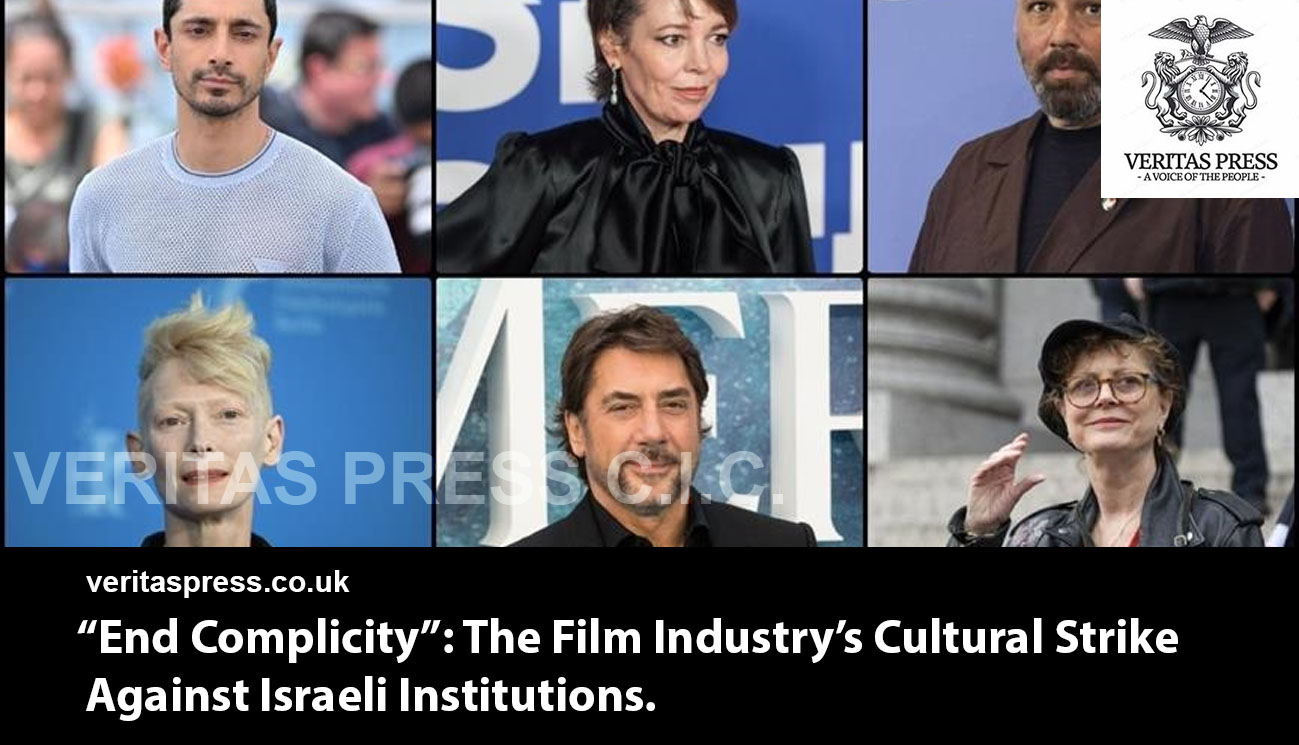

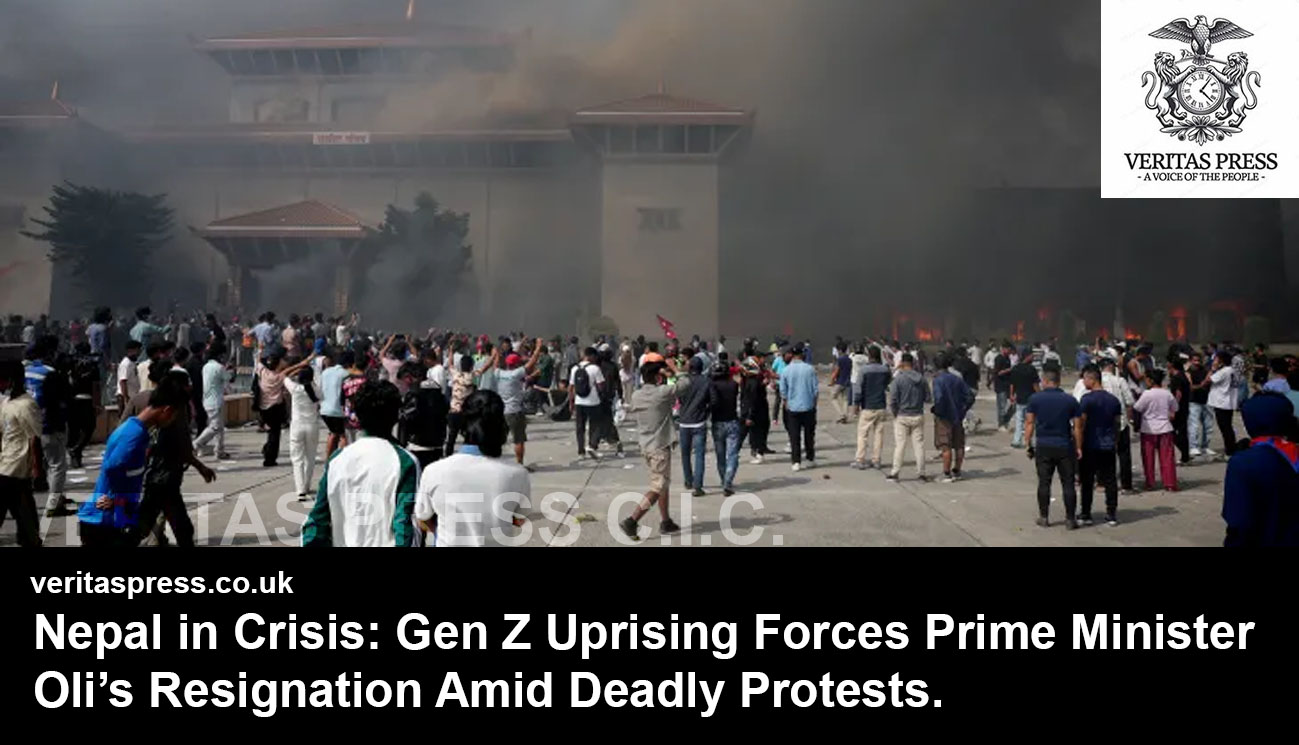

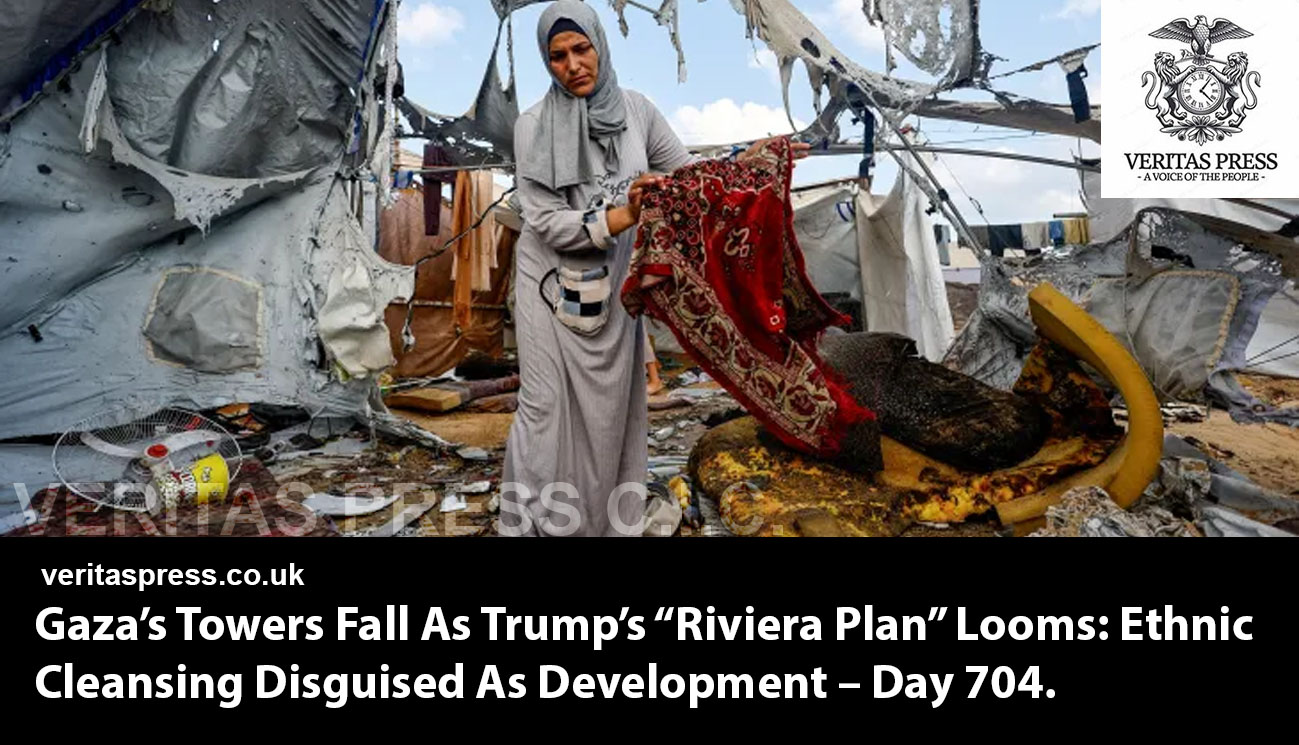
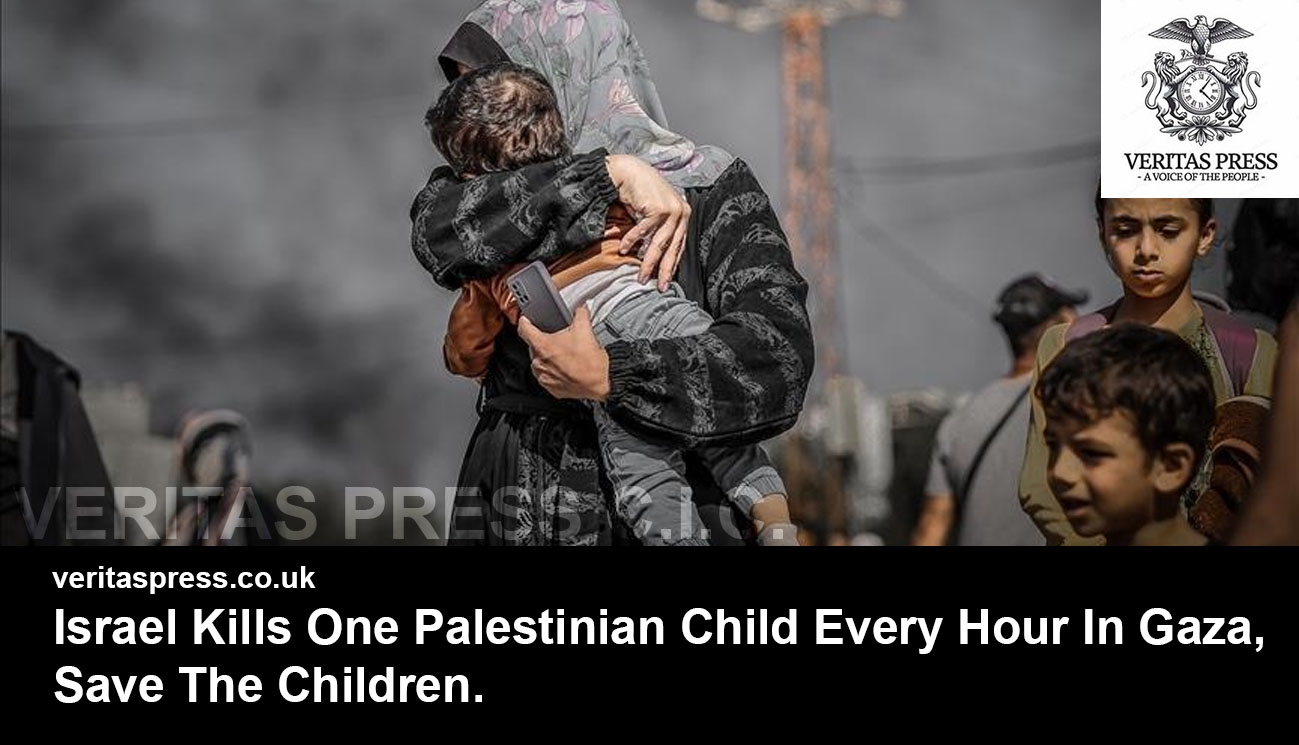
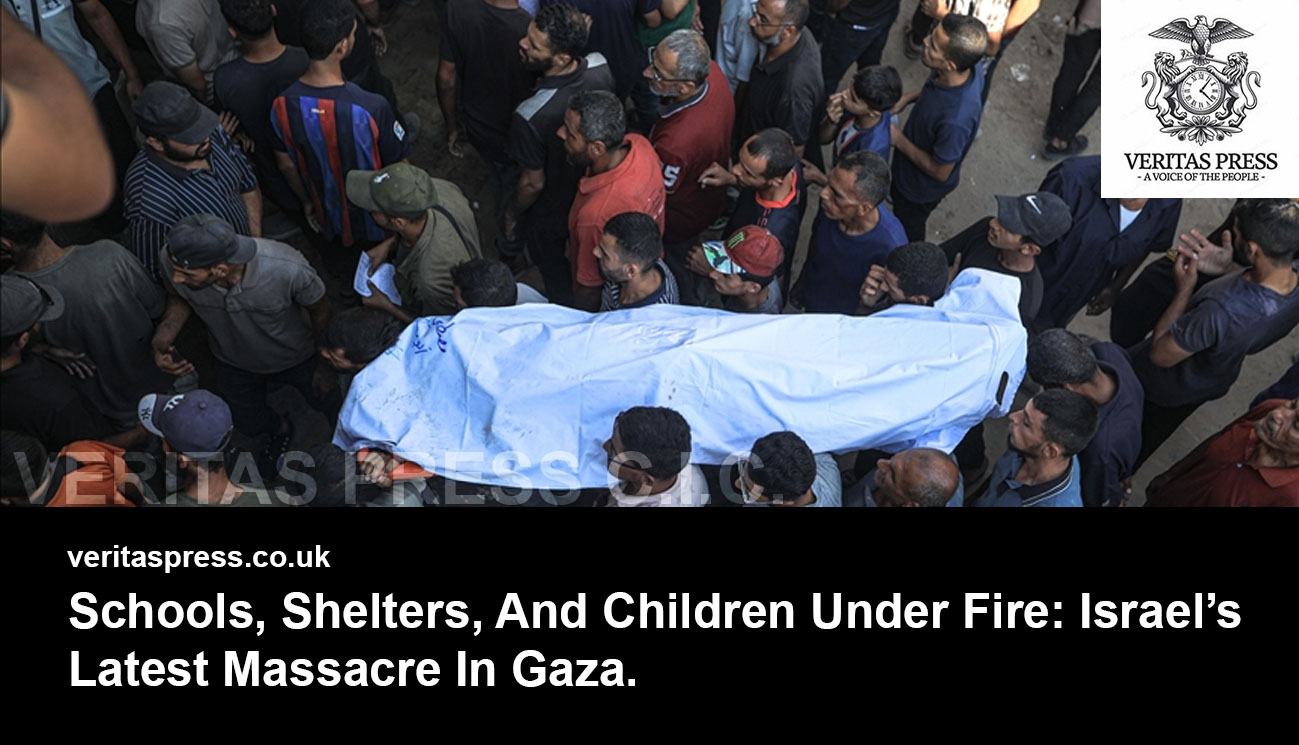
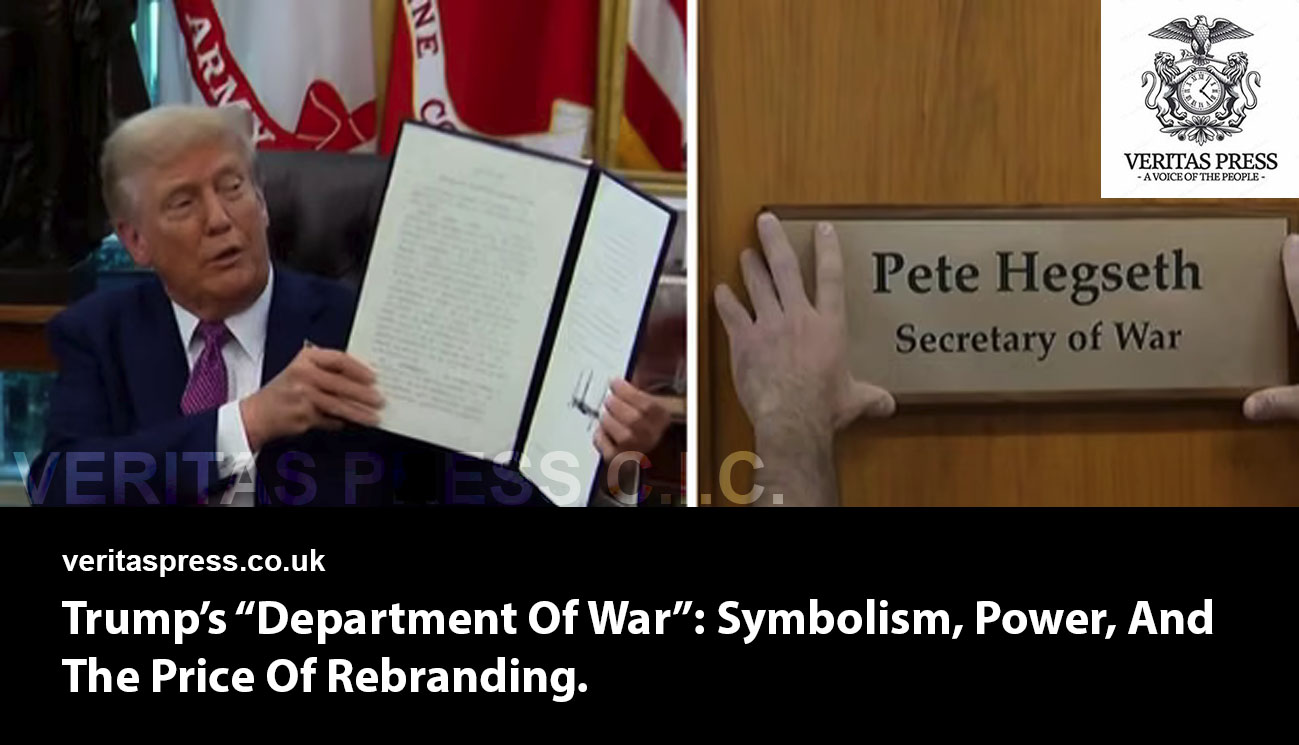

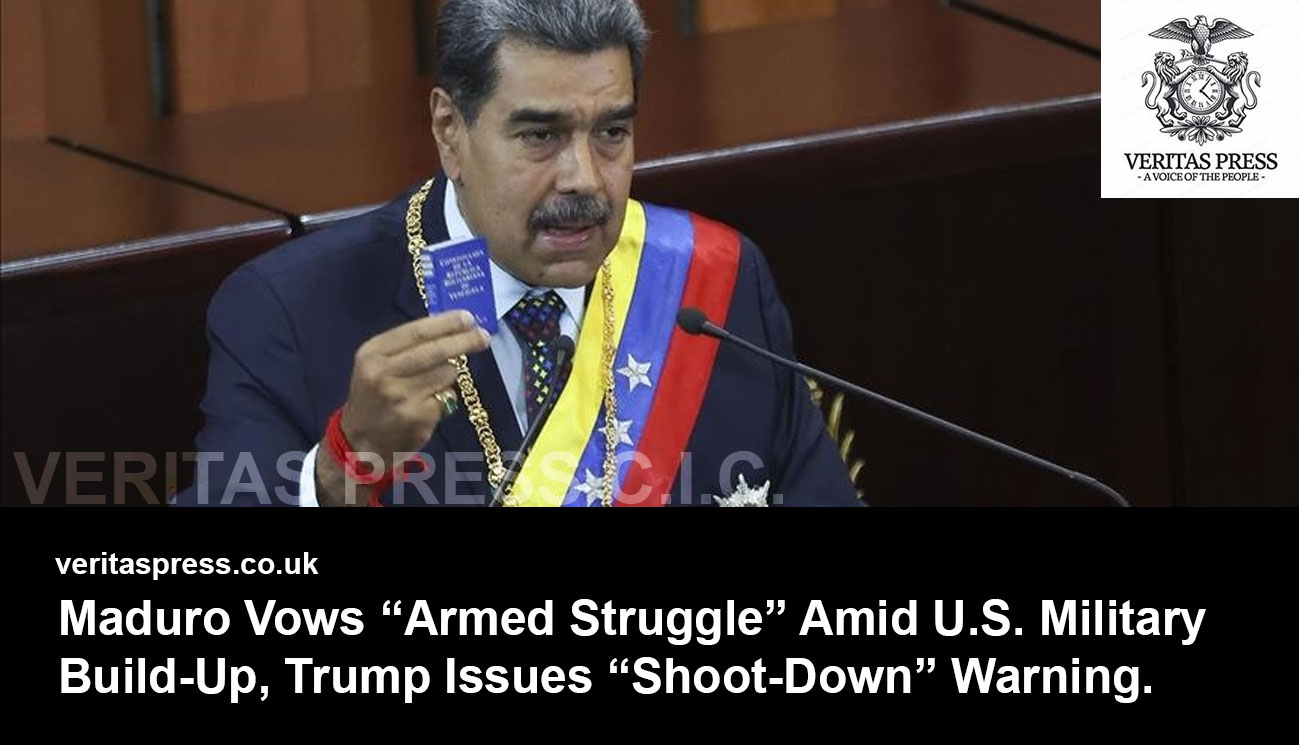
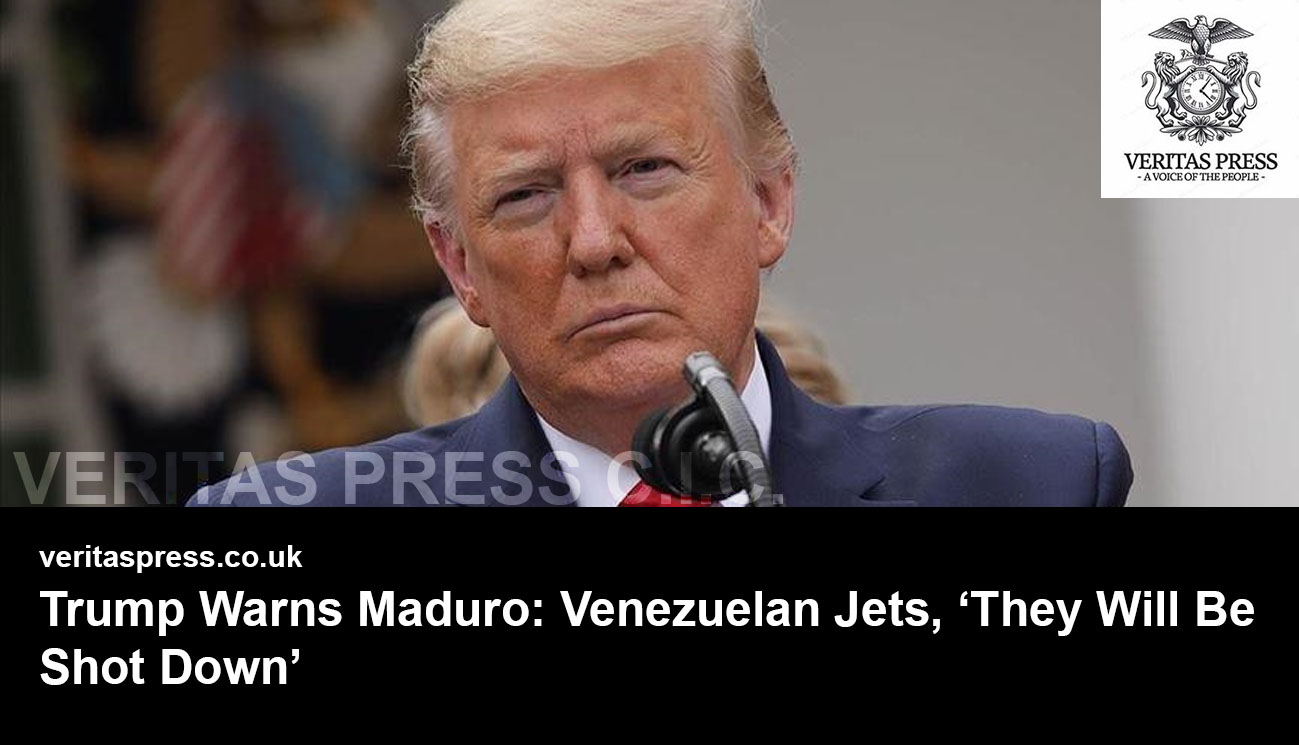
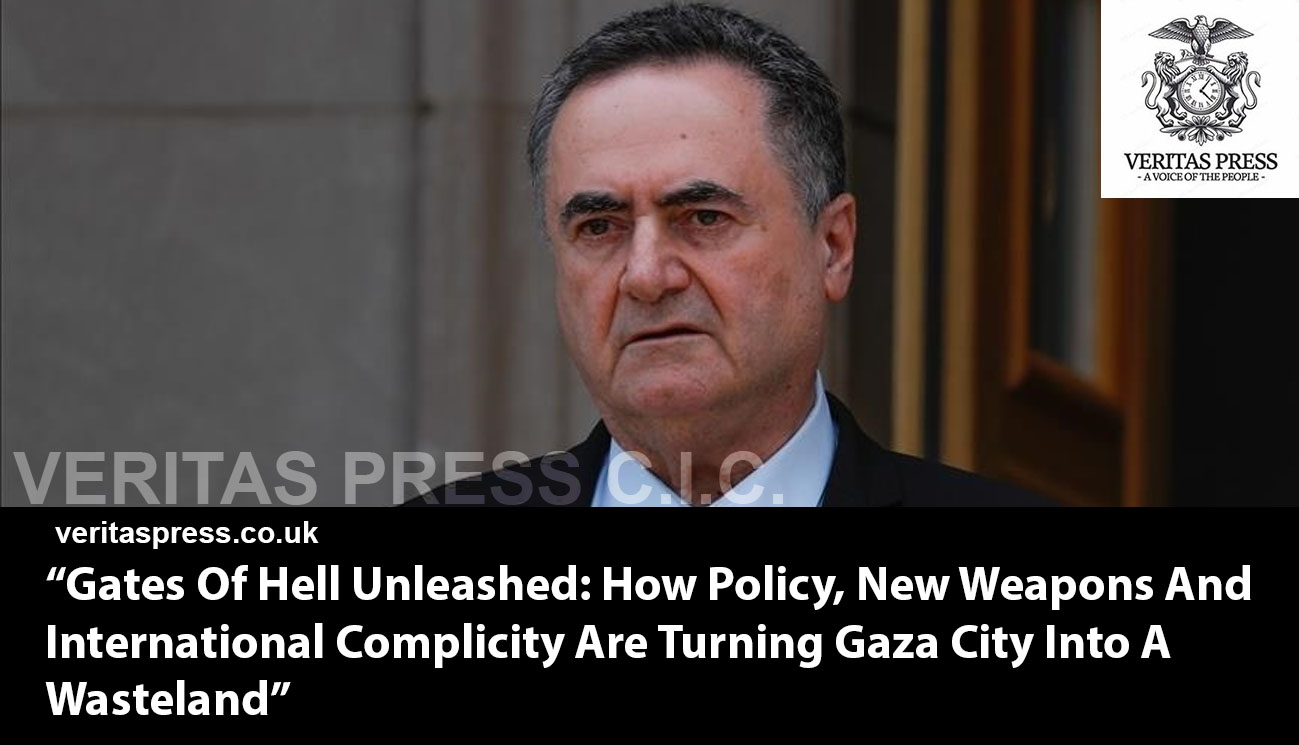
Leave a Reply